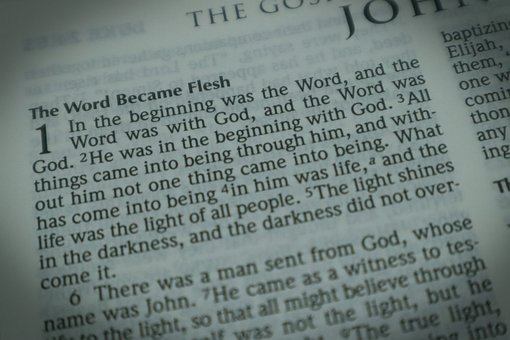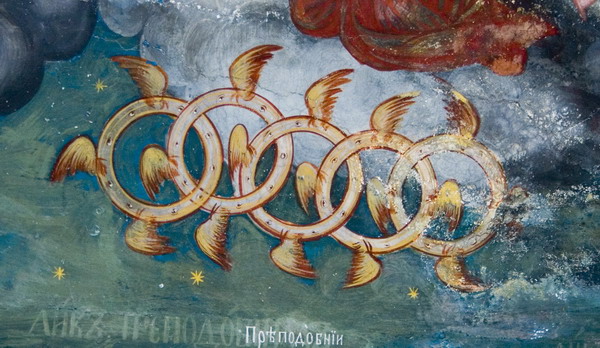
- Teacher: Dotha Blackwood
- Teacher: Dr Seidel Abel Boanerges
- Teacher: Dotha Blackwood
- Teacher: Adrian Lock
- Teacher: Laura Lock
- Teacher: Davinia Roberts
- Teacher: Dr Seidel Abel Boanerges
- Teacher: Dotha Blackwood
- Teacher: Davinia Roberts
- Teacher: Dr Seidel Abel Boanerges
- Teacher: Dotha Blackwood
- Teacher: Simon Jones
- Teacher: Davinia Roberts
- Teacher: Dr Seidel Abel Boanerges
- Teacher: Dotha Blackwood
- Teacher: Simon Jones
- Teacher: Adrian Lock
- Teacher: Laura Lock
- Teacher: Davinia Roberts
- Teacher: Dr Seidel Abel Boanerges
- Teacher: Dotha Blackwood
- Teacher: Simon Jones
- Teacher: David McLachlan
- Teacher: Davinia Roberts
- Teacher: Dr Seidel Abel Boanerges
- Teacher: Dotha Blackwood
- Teacher: Chengeto Nyabienda
- Teacher: Davinia Roberts
- Teacher: Stephen Wright
- Teacher: Dr Seidel Abel Boanerges
- Teacher: Dotha Blackwood
- Teacher: Adrian Lock
- Teacher: Laura Lock
- Teacher: Davinia Roberts
- Teacher: Dr Seidel Abel Boanerges
- Teacher: Adrian Lock
- Teacher: Laura Lock
- Teacher: Dr Seidel Abel Boanerges
- Teacher: Stephen Wright
- Teacher: Dr Seidel Abel Boanerges
- Teacher: Ben Armacost
- Teacher: Dotha Blackwood
- Teacher: Jonas Kurlberg
- Teacher: Stephen Wright
- Teacher: Pete Phillips
- Teacher: Simon Stocks
- Teacher: Simon Jones
- Teacher: Jonas Kurlberg
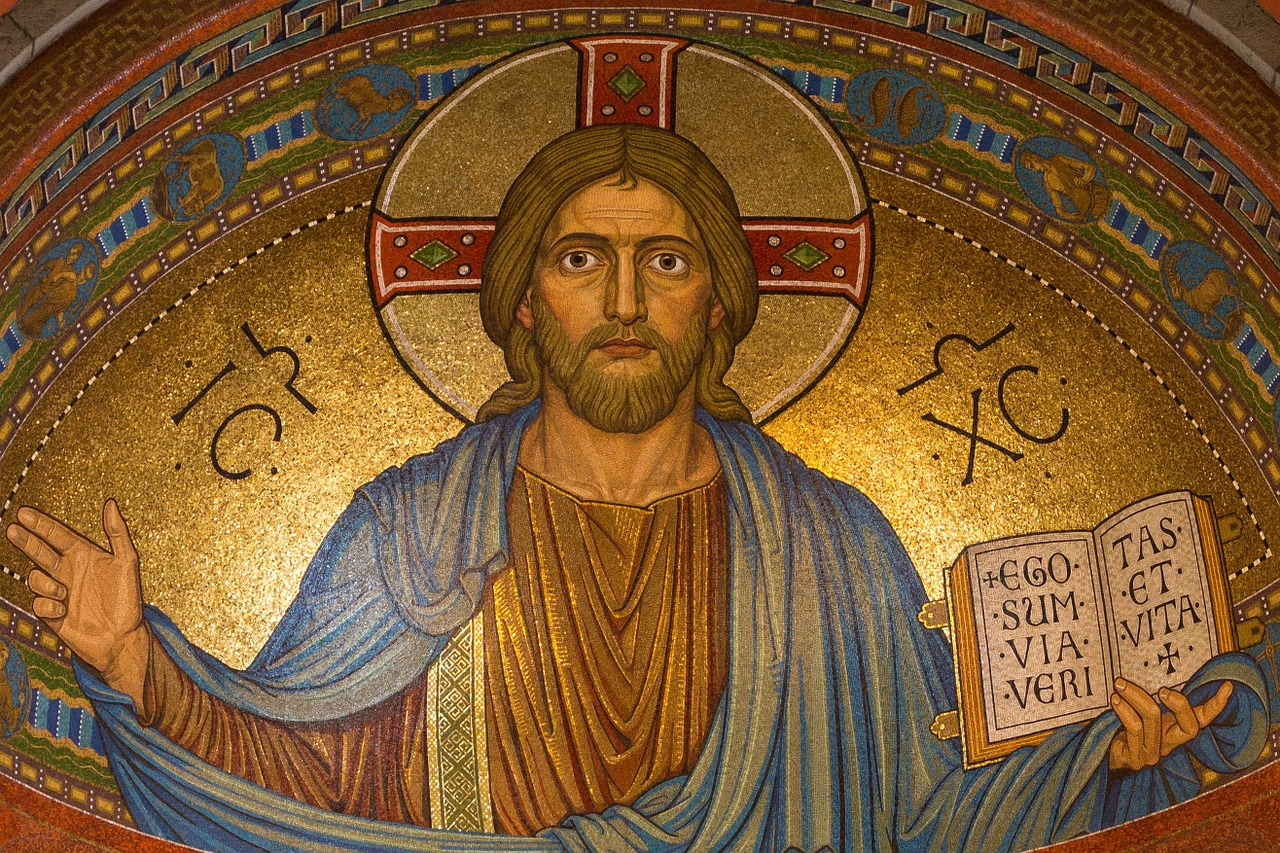
- Teacher: Jonas Kurlberg
- Teacher: Malcolm Patten
- Teacher: Jonas Kurlberg
- Teacher: Zoltan Schwab
- Teacher: Dr Seidel Abel Boanerges
- Teacher: Dotha Blackwood
- Teacher: Dotha Blackwood
- Teacher: Jonas Kurlberg
- Teacher: Roland Sokolowski
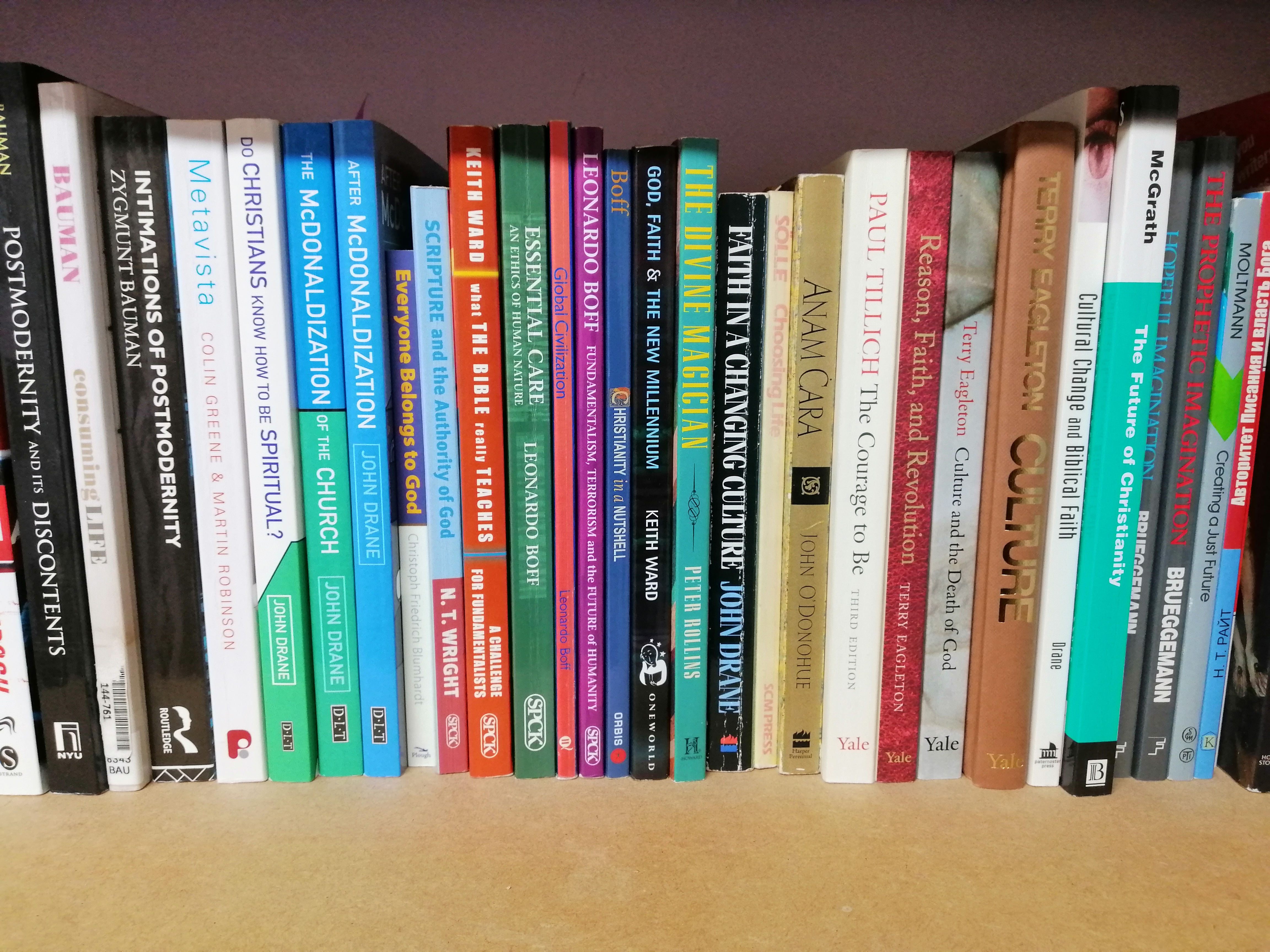
- Teacher: Dr Seidel Abel Boanerges
- Teacher: Dotha Blackwood
- Teacher: Jonas Kurlberg
- Teacher: Pete Phillips
- Teacher: Zoltan Schwab
- Teacher: Stephen Wright
- Teacher: Dr Seidel Abel Boanerges
- Teacher: Dotha Blackwood

The unit introduces the theme of biblical
hermeneutics in the context of the history of biblical interpretation since New
Testament times. Key movements, theories
and strategies will be examined and assessed, including recent developments
such as reception history (including the artistic reception of the Bible) and
‘ordinary hermeneutics’. The potential
of these various approaches will be explored in relation to specific biblical
genres and texts. The practical
outworking of the subject in the life of the Church will be kept in view.
- Teacher: Simon Jones
- Teacher: Zoltan Schwab

- Teacher: Jonas Kurlberg
- Teacher: Pete Phillips
- Teacher: Zoltan Schwab
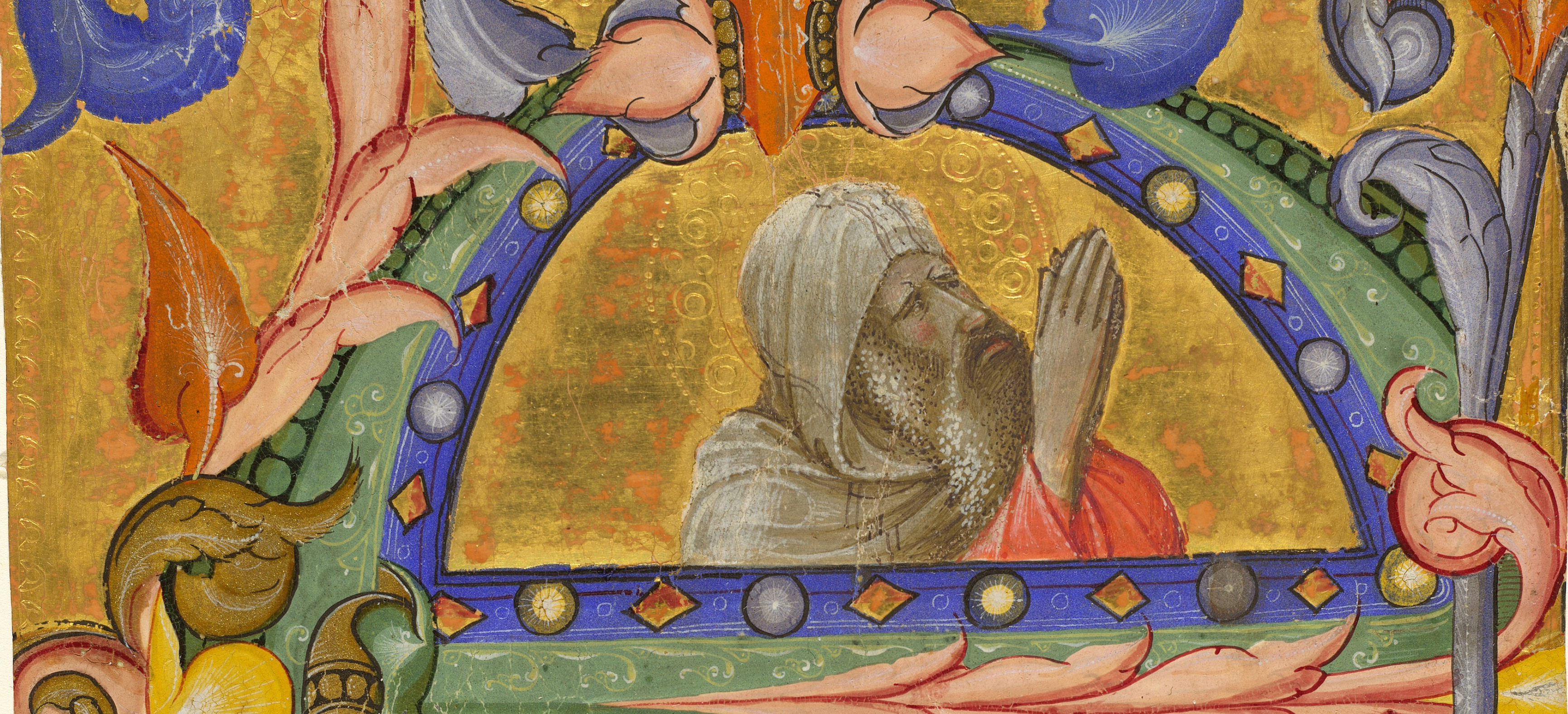
- Teacher: James Patrick
- Teacher: Zoltan Schwab
- Teacher: Dotha Blackwood
- Teacher: Simon Jones
- Teacher: Tom Breimaier
- Teacher: Terry Wright
- Teacher: Dotha Blackwood
- Teacher: Jonas Kurlberg
- Teacher: Roland Sokolowski
- Teacher: Paul Goodliff
- Teacher: Dr Seidel Abel Boanerges
- Teacher: Terry Wright

- Teacher: Pete Phillips
- Teacher: Zoltan Schwab
- Teacher: Dr Seidel Abel Boanerges
- Teacher: David McLachlan
- Teacher: Pete Phillips
- Teacher: Dr Seidel Abel Boanerges
- Teacher: Dotha Blackwood
- Teacher: Dr Seidel Abel Boanerges
- Teacher: Jo Dowds
- Teacher: Jonas Kurlberg
- Teacher: Dr Seidel Abel Boanerges
- Teacher: Dotha Blackwood
- Teacher: Adrian Lock
- Teacher: Laura Lock
- Teacher: David McLachlan
- Teacher: Alan Wilson
- Teacher: Terry Wright
- Teacher: Jonas Kurlberg
- Teacher: Pete Phillips
- Teacher: Simon Jones
- Teacher: David McLachlan
- Teacher: Dr Seidel Abel Boanerges
- Teacher: Pete Phillips
- Teacher: Dotha Blackwood
- Teacher: Tom Breimaier
- Teacher: Jonas Kurlberg
- Teacher: Chris Voke
- Teacher: Dr Seidel Abel Boanerges
- Teacher: Dotha Blackwood
- Teacher: David McLachlan
- Teacher: Dr Seidel Abel Boanerges
- Teacher: Dotha Blackwood
- Teacher: Simon Jones
- Teacher: Adrian Lock
- Teacher: Laura Lock
- Teacher: Dr Seidel Abel Boanerges
- Teacher: Simon Jones
- Teacher: Dr Seidel Abel Boanerges
- Teacher: Dotha Blackwood
- Teacher: Tom Breimaier
- Teacher: Simon Jones
- Teacher: David McLachlan
- Teacher: Dr Seidel Abel Boanerges
- Teacher: Dotha Blackwood
- Teacher: Linda Campbell
- Teacher: David McLachlan
- Teacher: Dr Seidel Abel Boanerges
- Teacher: Zoltan Schwab
- Teacher: Alan Steele
- Teacher: Dr Seidel Abel Boanerges
- Teacher: Dotha Blackwood
- Teacher: Jonas Kurlberg
- Teacher: Pete Phillips
- Teacher: Dr Seidel Abel Boanerges
- Teacher: Simon Jones
- Teacher: Dotha Blackwood
- Teacher: Tom Breimaier
- Teacher: Pete Phillips
- Teacher: Zoltan Schwab
- Teacher: Terry Wright
- Teacher: Dotha Blackwood
- Teacher: Tom Breimaier
- Teacher: Linda Campbell
- Teacher: Zoltan Schwab
- Teacher: Tom Breimaier
- Teacher: Linda Campbell
- Teacher: Dr Seidel Abel Boanerges
- Teacher: Dotha Blackwood
- Teacher: Tom Breimaier
- Teacher: Terry Wright




